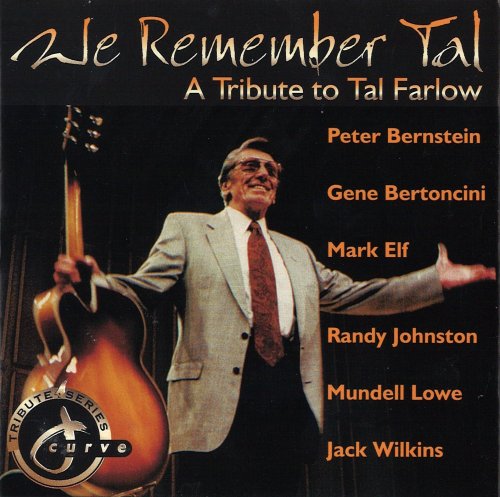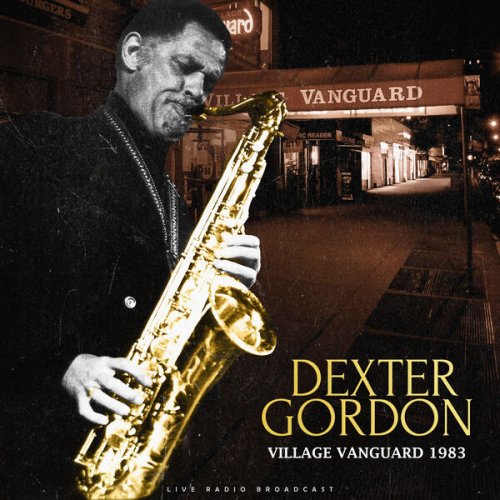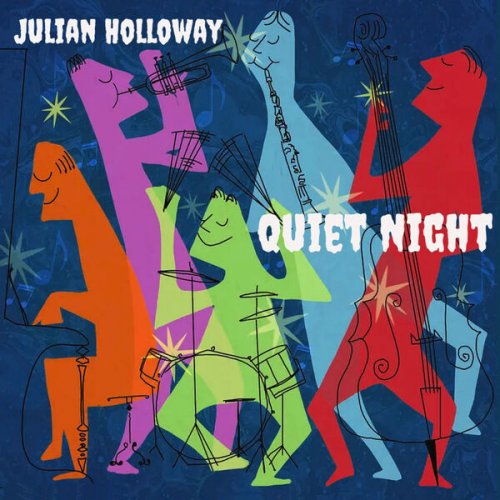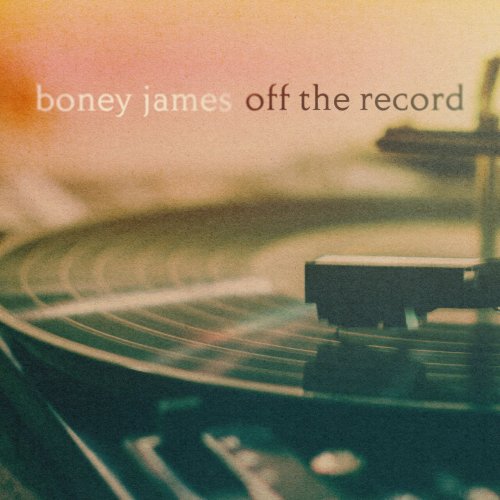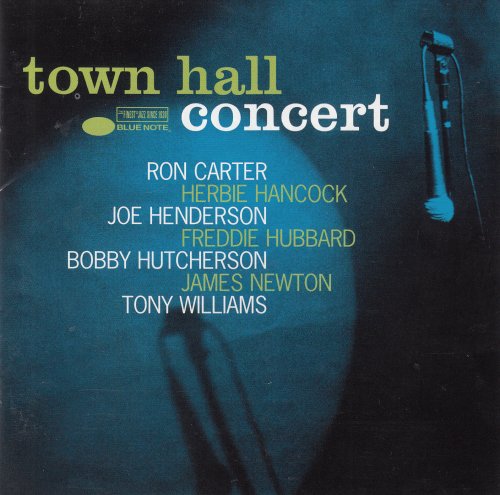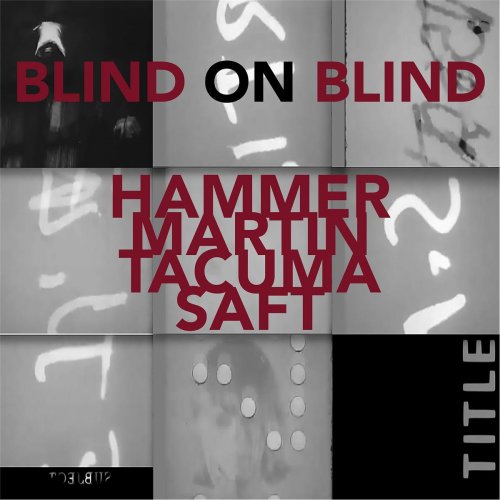Mirella Freni - Puccini: Madama Butterfly - Highlights (1989)
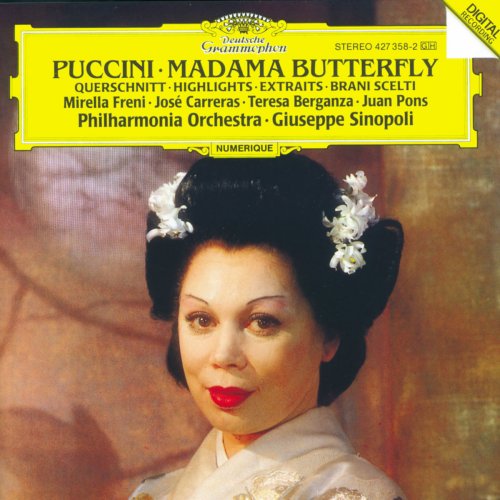
Artist: Mirella Freni
Title: Puccini: Madama Butterfly - Highlights
Year Of Release: 1989
Label: Deutsche Grammophon
Genre: Classical
Quality: FLAC (tracks)
Total Time: 68:28 min
Total Size: 297 MB
WebSite: Album Preview
Tracklist:Title: Puccini: Madama Butterfly - Highlights
Year Of Release: 1989
Label: Deutsche Grammophon
Genre: Classical
Quality: FLAC (tracks)
Total Time: 68:28 min
Total Size: 297 MB
WebSite: Album Preview
01. Madama Butterfly / Act 1 - Dovunque al mondo
02. Madama Butterfly / Act 1 - Ed è bella la sposa: (Sharpless, Goro, Pinkerton)
03. Madama Butterfly / Act 1 - Amore O Grillo
04. Madama Butterfly / Act 1 - Ecco. Son giunte al sommo del pendio
05. Madama Butterfly / Act 1 - Viene la sera
06. Madama Butterfly / Act 1 - Bimba dagli occhi pieni di malia
07. Madama Butterfly / Act 2 - "Un bel dì vedremo"
08. Madama Butterfly / Act 2 - Vedrai, piccolo amor, mia pena e mio conforto (Butterfly, Suzuki)
09. Madama Butterfly / Act 2 - Scuoti quella fronda di ciliegio
10. Madama Butterfly / Act 2 - Coro a bocca chiusa
11. Madama Butterfly / Act 2 - (Introduzione) "Oh eh! oh eh!" (Coro)
12. Madama Butterfly / Act 2 - "Tu" tu: Piccolo Iddio!? (Butterfly, Pinkerton)
Sinopoli's objective becomes more and more evident as the opera proceeds: to redefine as tragedy what is still often seen as a pathetic but sentimental anecdote. The cast is a fine one, with Berganza one of the best Suzukis on record and Pons a concerned and sympathetic Sharpless. Freni is in fuller voice than for Karaján, the timbre a shade less pure, but she is still a deeply affecting and expressive Butterfly, seizing all the chances Sinopoli gives her to intensify the pathos of her role, never taxed by his slow pace. Carreras is in better voice than in many recent recordings and gives a decent interpretation of what now seems a basically decent character whose flaw is unimaginative insensitivity... Sinopoli's creative infidelity to the letter of the text in favour of what he sees as its essentially tragic spirit will be far too idiosyncratic for some tastes, but every Puccinian should hear it-every anti Puccinian, come to that-and many, I suspect, will be won over by its gripping eloquence.
